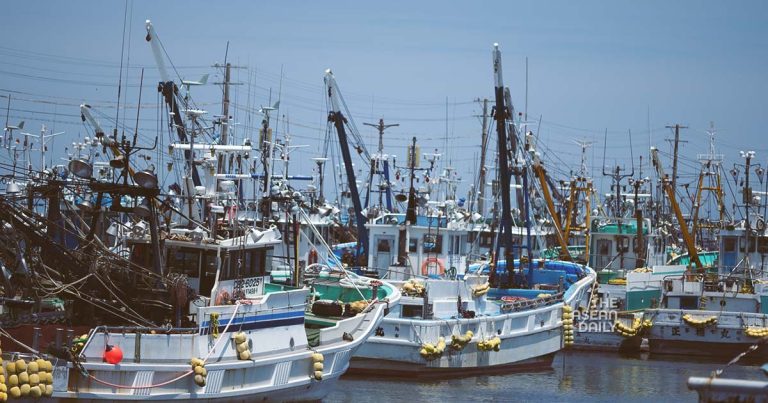26-8-2023 (TOKYO) Japan’s Fisheries Agency reported on Saturday (Aug 26) that fish samples taken from the waters surrounding the Fukushima nuclear plant wreckage showed no detectable levels of the radioactive isotope tritium, according to Kyodo news service.
In response to the release of treated radioactive water into the Pacific by plant operator Tokyo Electric Power Company (Tepco), nets were installed on Thursday. This move had sparked concerns among local fishermen, garnered public opposition in Japan, raised alarms among consumers in neighboring nations, and led China to impose a ban on Japanese aquatic products.
The fisheries agency intends to provide daily updates on the test results. On Friday, Tepco revealed that seawater near the plant contained less than 10 becquerels of tritium per liter, significantly below its self-imposed limit of 700 becquerels and well below the World Health Organization’s recommended limit of 10,000 becquerels for drinking water.
Attempts to contact the fisheries agency for a statement on Saturday were unsuccessful.
After extensive deliberation, Prime Minister Fumio Kishida’s government decided on Tuesday to permit the release of 1.3 million tons of treated water from the Fukushima plant, which was devastated by a tsunami in 2011. This decision was prompted by Tepco’s dwindling storage capacity for the treated water.
Tepco employs filtration methods to remove most radioactive elements from the water, but tritium, a hydrogen isotope, is challenging to separate from water and is therefore diluted during the treatment process.




